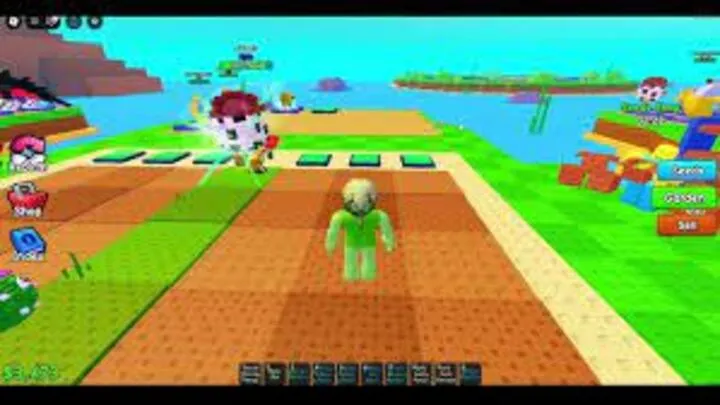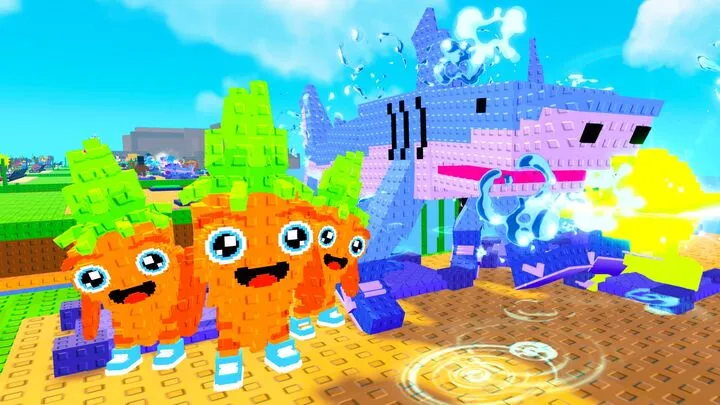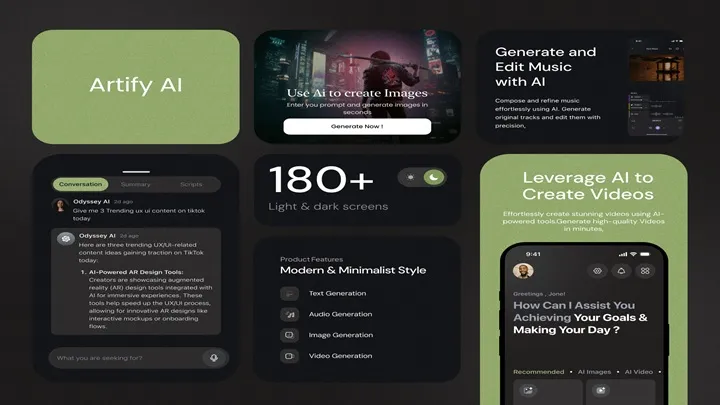PEAK is one of the most well-known brain training games available on both mobile and tablet devices. Designed to help players improve their mental agility, focus, and problem-solving abilities, PEAK combines fun gameplay with scientifically developed exercises. The game features dozens of mini-games focusing on areas like memory, attention, flexibility, emotional control, and language. Understanding how to play effectively and consistently is key to achieving meaningful progress and results.
This guide will help you learn how to master PEAK, from setting goals and developing strategies to tracking your cognitive growth. Whether you are a beginner or a returning player, these tips will guide you toward getting the most out of every session.
Understanding PEAK and Its Purpose
PEAK was developed with input from neuroscientists and cognitive experts to create a set of games that stimulate the brain while maintaining a fun, accessible interface. Unlike traditional puzzle apps, PEAK personalizes your experience by adapting difficulty and game recommendations based on your performance over time.
The purpose of PEAK is to offer short, effective training sessions that strengthen different cognitive skills without causing fatigue. Each game focuses on a specific area, such as logical thinking or emotional control. By balancing these categories, PEAK ensures that players are developing a well-rounded brain training habit.
The science behind PEAK relies on cognitive research and psychology principles to create exercises that simulate the way your brain processes information. Through repeated engagement, you can improve your brain’s ability to react faster and retain more information.
Setting Up Your PEAK Profile

Before you begin training, it is important to set up your PEAK account correctly. When you first open the game, you will be prompted to answer questions about your goals, age, and focus areas. This allows the app to create a custom training plan tailored to your needs.
Customizing your training plan helps you choose from categories such as memory, problem-solving, focus, and emotional control. For example, if you want to improve productivity, you may prioritize focus and memory exercises. If you want to become better at multitasking, flexibility and problem-solving will be your best options.
Once you set your preferences, PEAK will recommend daily workouts composed of short but challenging mini-games. Each session lasts around 5 to 10 minutes, perfect for quick breaks or morning routines.
Learning the Game Mechanics
Each mini-game in PEAK has its own unique mechanics and challenges. Some might require quick reaction times, while others depend on pattern recognition or language comprehension. To excel, you must understand the core mechanics of each game type.
Memory-based games test your ability to recall sequences, patterns, or details after a short delay. The goal is to improve your working memory and retention abilities, which help in daily tasks like remembering names or instructions.
Focus and attention games test your concentration under pressure. They often include distractions that force you to stay alert and focused, improving your ability to process multiple stimuli at once.
Building a Consistent Training Routine
Consistency is the most important factor when using PEAK. Playing once in a while won’t lead to noticeable improvement. Instead, aim to play at least five times per week for optimal progress.
Creating a schedule helps you develop a rhythm. Set aside a specific time each day for PEAK training. Morning sessions can boost your alertness for the rest of the day, while evening sessions can serve as a relaxing mental cooldown.
Tracking your progress is essential. PEAK offers detailed performance tracking for every skill area. Reviewing these statistics regularly helps you identify strengths and weaknesses. If you notice slow progress in one area, adjust your focus or change the types of games you play.
Improving Cognitive Skills Through Strategy
As with physical training, cognitive growth requires strategy. Instead of rushing through games, focus on accuracy and understanding. Playing slowly and deliberately in the beginning helps you build better habits and accuracy.
To maximize efficiency, start with easier levels to build confidence and then progress gradually. Focus on one skill category at a time and replay games to recognize patterns. Take short breaks between sessions to maintain mental clarity and prevent fatigue.
Over time, your reaction speed, memory, and attention span will noticeably improve, showing how small, consistent efforts produce meaningful results.
Exploring Game Modes and Challenges

PEAK offers a variety of modes and challenges to keep you engaged. The Coach feature provides personalized recommendations, while the Pro mode gives access to advanced difficulty levels for serious training.
Daily workouts include a mix of games from your chosen categories. Completing them regularly keeps your mind sharp and ensures balanced training.
Challenges and achievements make the game more engaging. You can compete with friends or other players, earning badges and climbing leaderboards. This social element encourages consistency and adds motivation to improve daily.
Using PEAK to Build Long-Term Habits
PEAK is not a quick fix for intelligence it is a tool for long-term cognitive maintenance. By turning training into a daily habit, you create a positive mental routine that benefits your focus and productivity.
Linking PEAK to everyday life makes the experience more meaningful. The skills you develop memory, focus, flexibility can enhance how you study, manage time, and make decisions in real-world situations.
Staying motivated is key. Set achievable goals and reward yourself when you meet them. Even small milestones, such as completing a week of consistent sessions, can reinforce the habit.
Advanced Strategies for Experienced Players
Once you become familiar with PEAK, you can start experimenting with advanced strategies to push your limits. These methods help you refine skills and test your mental endurance.
Combining multiple skill types in one session helps build adaptability. For example, mixing focus and memory games trains your brain to handle multitasking and complex challenges.
Adjusting difficulty as you improve ensures your brain stays challenged. Gradually increasing difficulty levels keeps training effective and prevents stagnation.
The Role of Rest and Recovery
Just like physical exercise, mental training requires rest. Overtraining can lead to fatigue, reducing the benefits of brain exercises.
Taking breaks allows your brain to consolidate learning and retain information more effectively. Try to take one or two rest days per week to maintain balance.
Balancing screen time is equally important. Mix your PEAK sessions with offline activities such as reading, journaling, or real-world problem-solving to diversify your cognitive development.
Evaluating Your Progress and Adjusting Goals
Every few weeks, review your performance and reflect on your progress. PEAK’s analytics system gives you a clear overview of how each cognitive skill evolves over time.
Setting new goals keeps your training fresh. For instance, if your memory score improved by 10%, aim for another 5% in the next month. These incremental goals help maintain long-term motivation.
Continuous growth is the ultimate objective. Even if progress slows, consistency ensures that your brain remains active and adaptable. Remember that improvement is a lifelong process.
Conclusion
Mastering PEAK is about patience, consistency, and curiosity. By training your brain daily, you can strengthen your focus, memory, and flexibility. The key lies in maintaining balance using the app as part of a broader mental fitness lifestyle. Whether you play casually or aim for top scores, PEAK offers a meaningful, science-backed way to enhance your cognitive potential.
Summary
Learn how to master PEAK by training consistently, improving focus, memory, and problem-solving through mindful, science-backed exercises.

















